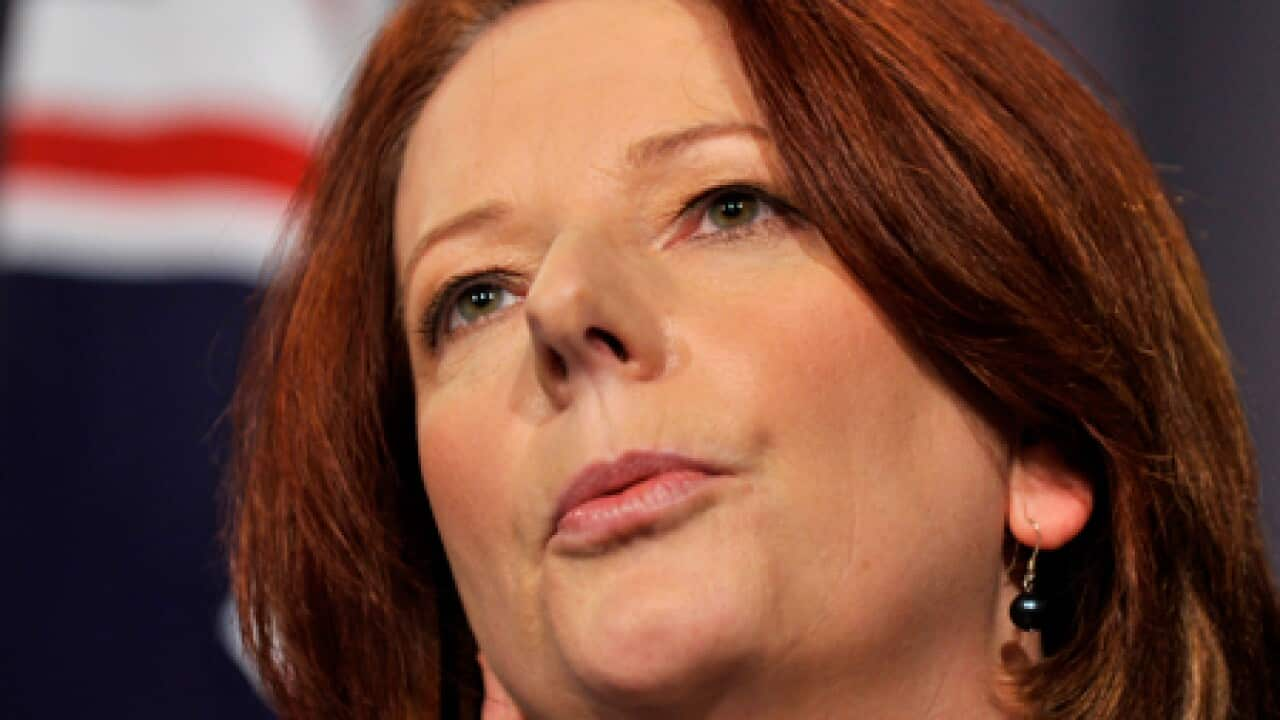Instead she said independent MP Rob Oakeshott had the skills and attributes to do the job.
Mr Jenkins has been speaker of the House of Representatives since 2008, following Labor's election win in 2007.
He is widely respected by both sides of politics and was seen as the frontrunner for the job until Mr Oakeshott on Wednesday said he was interested in taking control of the lower house in the first hung parliament in 70 years.
When asked whether the government was backing Mr Jenkins as speaker, Ms Gillard told reporters in Canberra: "We're taking this a step at a time."
Ms Gillard said some practical and legal matters had to be resolved before the government agreed to support Mr Oakeshott's candidacy.
"I'm very happy to say that I think Mr Oakeshott obviously has the skills and attributes necessary," she said.
"But there are some matters about the practical functioning of the house that we want to work through and we're getting some legal advice on."
Mr Oakeshott wants to retain his influence on various issues even though as speaker he would not be entitled to a deliberative vote.
"What would happen is that I would have to inform one of the whips that I was going to vote the other way and they would take someone out," he told ABC Radio.
But the manager of opposition business in the lower house, Christopher Pyne, says the independent's vote isn't able to be counted when he is in the chair during divisions.
"The speaker does not have a deliberative vote, under the constitution the speaker only has a casting vote," he told ABC Radio.
Earlier this month, Labor, the coalition and Mr Oakeshott agreed to a series of parliamentary reforms, including `pairing' the speaker for votes - meaning whichever party they belonged to wouldn't lose a vote when divisions were called.
But Mr Pyne said pairing was only relevant for the deputy speaker and others that occupied the chair.
"The issue of pairing only comes up with the deputy speaker and other members of the speaker's panel, all of whom have a deliberative vote," he said.
"There is no other possible reading of the agreement if you read it in conjunction with the constitution of the country."
Mr Pyne made no apologies for some members of parliament potentially being confused about how pairing can work in tandem with the agreed parliamentary reforms.
"I can't help it if other members of parliament are confused and don't understand their constitution and the standing orders and the way parliament has been arranged for 110 years."
Independent MP Tony Windsor said he hoped any difficulties surrounding the matter could be sorted out.
"If there are issues in relation to this ... I don't think Rob Oakeshott will die in the ditch over it," he said.
Mr Oakeshott agreed: "Win, lose or draw ... I will accept the outcome."
Share

